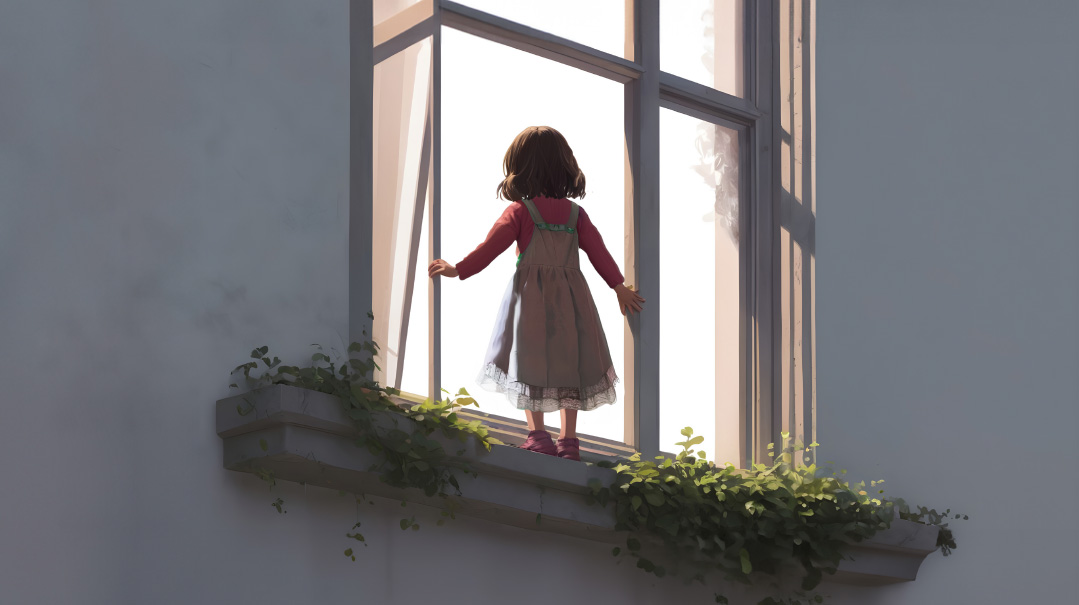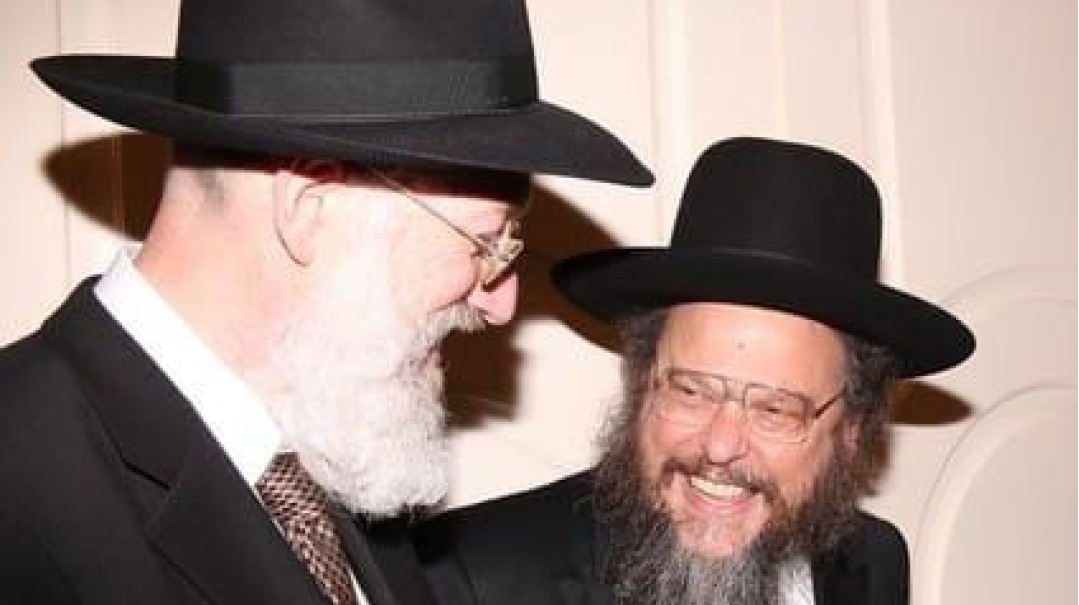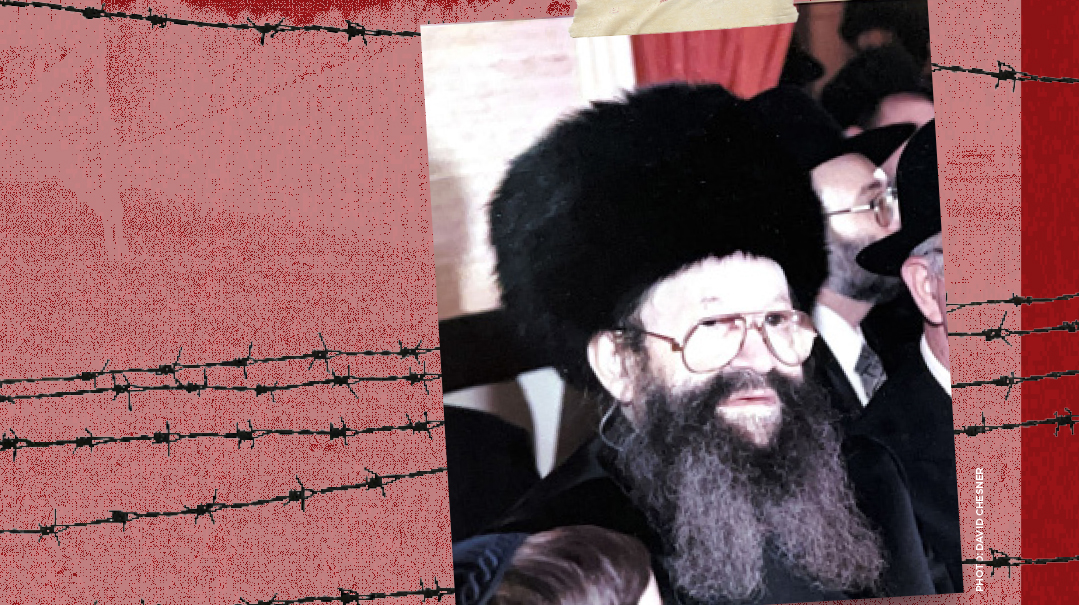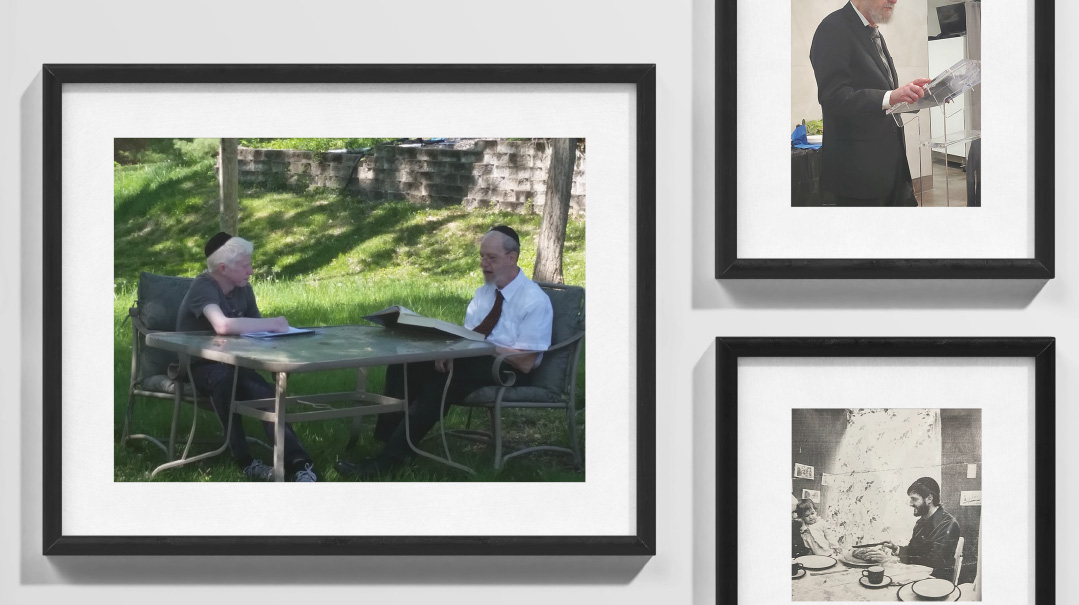Calm Down
| May 14, 2024A tiny shadow of a little girl. Standing. On the outside of the open windowpane. On the sill as narrow as a tea biscuit.

We’re at my in-laws, schmoozing around the dining room table after a Yom Tov meal, mother-in-law, sisters-in-law, grown nieces. The men are doing their own thing. Upstairs, the kids run, jump, drag, bond with cousins. The chandelier over us vibrates. I scrape back my chair to go check on my little ones.
My sister-in-law calls me back. “The kids are okay.” She makes a dismissive motion with her hand.
I slow my step, they with the grown children have it together more than I do. But I need to do this. My chest tightens when a kid goes AWOL for more than six minutes. My jaw cracks open each time a kid wobbles five inches from the curb. My husband can’t understand why my throat emits a shriek and my body lunges forward when nothing’s ever happened, but I’m a young mother; I need to know my kids are safe and there’ll be milk to drink and pens to write with.
I clamber up the stairs, survey the scene. In one room there’s a fort going up, boys, blankets, bridges. I find my two-year-old toddling along the hallway, dragging someone’s blankie, and move on to look for three-year-old Sori, my oldest.
Peek into bedroom two: Girls in pink frills whispering with an air of urgency. Bedroom three has wooden blocks strewn about from a castle long collapsed. In the fourth room, I find black-red throw pillows listless on the once brown carpet. The daybed is crooked, touching the wall where the window is. It’s not meant to be there. I look up, and I see Sori. A tiny shadow of a little girl. Standing. On the outside of the open windowpane. On the sill as narrow as a tea biscuit.
My heart leaps into my throat, and I feel hot all over. I open my mouth to scream, legs on fire as I ready to lunge for her. Then my head explodes with bright red firecrackers.
It’s the 1980s, and I’m 14 years old, visiting Zeidy, who’d been shot in an armed robbery at his general merchandise store. The shock of the shooting is still etched on his face, a year after the incident. In his home, I find two pamphlets on the dining room table. They’re all about guns. I leaf through them, because I read everything. In one of the pamphlets there’s a cute drawing, a little boy, intense face, holding a gun drawn toward a man, his father. The caption reads, If your child points a gun at you, don’t scream or lunge for it, because he might startle and shoot. Rather, distract him by talking about his baseball game. When he drops his hand, approach softly and with caution.
My screams die in my throat, and my legs stop of their own volition. Don’t scream or approach! Sori could startle and fall! There’s a three storey drop to the pavement below.
The mother that is me, the one who reacts first and thinks later, disappears. In her place is a mother, without a movement in her body, without a sound in her throat, while her darling, the one she needs to protect like she needs air, is going to plummet.
A cold calm envelops me like I’ve never felt before.
“Lollipops.” My voice sounds from somewhere outside me. “Who wants a red one?” Eyes laser-focused on a shock of curls billowing in the breeze. “I have a yellow one, too.” The floor shivers under me as kids I neither see nor hear converge in my direction. “Anyone want an orange?”
And then a sweet sound from the glass, “I want red.”
The room spins. “I have it here. Come get it.”
She turns around, my pipsqueak, as my heart descends into my shoes, gingerly steps inside and jumps down, running towards me. My legs follow me, scoop her up, just squeeze her as she squirms and demands her loot. In one swift motion I crank the window shut, lock the latch and drag the daybed back to its rightful place.
Then I hear it. The lollipop outcry from a hundred kids. “You said you have lollipops.” Because there is nothing more important after surviving near danger than giving out discs on sticks. I hold my darling’s hand in my clammy ones and step down the shuddering stairs after the row of kids guiding my way to the pantry. Holding the heavy bag, I ask the kids questions I don’t understand, like, “Which color do you want, Chani?” My voice is hollow. “Tzvi, do you want an orange one?”
My husband comes into the kitchen, gives me an odd look. “What’s going on? Your voice is very… funny.”
I blink rapidly. He takes the bag from my hand and continues handing out the treats. I plop into the nearest chair. When everyone is licking and leaving, he joins me at the kitchen table. “Something’s wrong,” he says, “what is it?”
My head shakes in fast bursts. I heave a deep sigh and weep. A door whines closed, a soft thump on the table next to me. After a million years I look into my husband’s eyes, wipe my own with tissues. And I tell him, voice wobbling. The look on my husband’s face transforms from concern to shock to surprise to wonder. We sit in silence to let the myriad of scary questions and answers sink into our brains.
“Thinking to give out lollipops? Wow!” he says, a laugh in his throat. “I would have shrieked. How did you, of all people, stay so calm?”
(Originally featured in Family First, Issue 893)
Oops! We could not locate your form.







